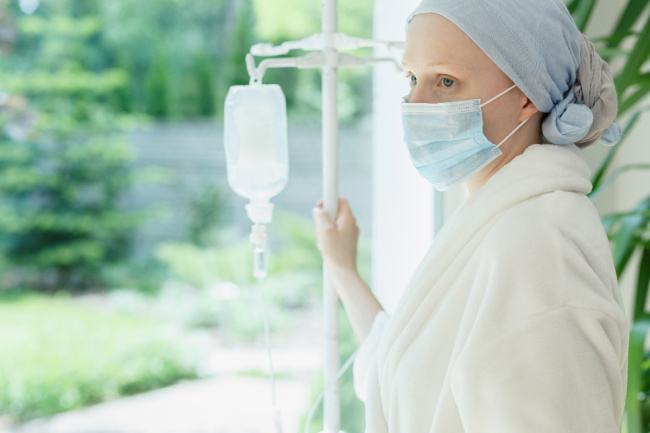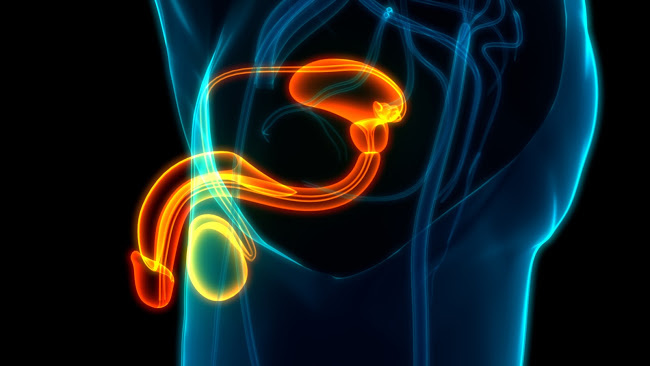
How common is it for cancer treatment to affect sexual health?

It’s very common. In fact, almost 9 in 10 cancer survivors experience sexual difficulties as a result of their cancer treatment, according to the results of a study presented in 2020 at the annual meeting of the American Society for Radiation Oncology.
The study included 391 cancer survivors. About 81% of the respondents were women. Almost 67% of the entire group had breast cancer, 16% had prostate cancer, 6% had endometrial cancer, 4% had bladder cancer, and 2% had rectal cancer.
Overall, 87% of the respondents said they had sexual side effects of their cancer treatment. Over three-quarters of the respondents had had chemotherapy, 54% had had radiation therapy, and 47% had had hormone therapy.
The most commonly-reported problems in the study were:
- painful intercourse,
- body image concerns, and
- orgasm difficulties.
However, other side effects are possible.
- For example, many men experience erectile dysfunction (ED) following prostate cancer treatment.
- Vaginal dryness is common in women after treatment for gynecological and breast cancer.
- And both men and women may lose interest in sex or have trouble with arousal.
- The emotional aspects of having cancer can affect sexuality, too. Anxiety, depression, and coping with changing relationships can all play a role.
If you are struggling with sexual problems after cancer, let your oncology team know. Many issues can be treated; however, healthcare providers might not always bring up the subject. Don’t hesitate to speak up.
Resources
- Medscape Medical News - “Cancer Therapy Affects Sexual Health in Most Patients”
Nelson, Roxanne, RN, BSN
(October 28, 2020)
https://www.medscape.com/viewarticle/939932 - American Society for Radiation Oncology (ASTRO) Annual Meeting – 2020 - “Sexual health often overlooked in cancer survivorship care, especially for female patients”
(Press release. October 27, 2020)
https://www.astro.org/News-and-Publications/News-and-Media-Center/News-Releases/2020/Sexual-health-often-overlooked-in-cancer-survivors - “Sexual Health Toxicity in Cancer Survivors: Is There a Gender Disparity in Physician Evaluation and Intervention?”
Taylor, James, MD, MPH
(Abstract 1042. Presented: October 26, 2020)
https://plan.core-apps.com/myastroapp2020/abstract/4b131159-f22a-48f4-9c05-d7add5209387






